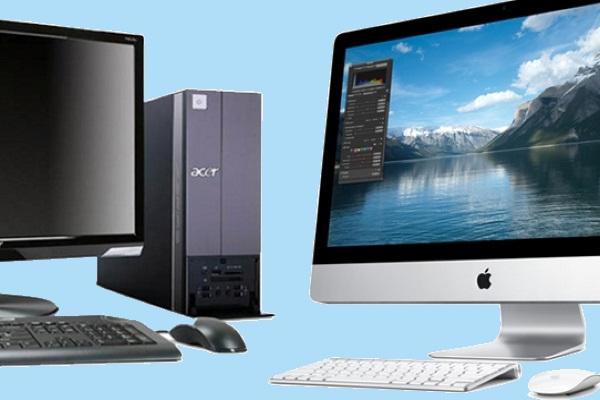Published on the 14/11/2016 | Written by Anthony Caruana

While BYOD has captured lots of attention over the last few years, companies supplying equipment chosen by employees is increasing in popularity…
Choose Your Own Device, or CYOD, is grabbing the limelight, and it could prove a big help for Apple on its drive into the enterprise.
A recent survey conducted by Jamf of 122 IT managers working in medium to large-sized enterprises and public sector organisations in both Sydney and Melbourne has found that a good number – 60 percent of those surveyed – of Australian business are increasingly allowing employees to select whether they want an Apple or a PC device at work.
Given Jamf’s core business is developing and selling tools to make managing Macs on networks easier, it’s not a surprising result. But the broader implication may be that when people are given the choice and they opt for the Apple, a critical mass of i-devices might result.
What’s more, as that happens, companies might find themselves leaning more towards Cupertino’s finest as they discover advantages outside of the cool factor/happy employee benefit which was likely a determinant in offering employee choice.
For context, IBM has embarked on a CYOD program, allowing its staff to choose between a Mac or PC. It has deployed about 90,000 Macs over the last year and recently reported that it is rolling out around 1,300 Macs a week. It has five IT administrators supporting all of those computers. The rest of its fleet has a team of over 1,000 support engineers.
One of the chief criticisms against the Mac in enterprises has been the high cost of procurement and a perception of increased support costs. IBM’s data has found support costs are US$273 to US$543 lower per Mac over four years when compared to a Windows PC over the same time period.
What remains to be seen is the impact of Apple’s recent decision to drop all legacy ports from the recently updated MacBook Pro product line. The shift away from the ubiquitous USB connector and Thunderbolt standard it pushed for, coupled with the resurgent popularity of PCs thanks to Windows 10, will put more pressure on Apple to meet the needs of enterprises.
Under the leadership of Steve Jobs, Apple largely ignored the specific needs of the enterprise, but Apple CEO Tim Cook has lead the company down a different track, forging a partnership with IBM for the development of enterprise applications as well as one of the biggest Mac deployments ever. Apple also entered into a partnership with SAP earlier this year.
Whether these partnerships will be enough to encourage more enterprises to consider the Mac remains to be seen. With Apple’s revenues slowly declining, the company will be desperate to build its share of the lucrative enterprise market and reduce their increasing reliance on revenue bumps provided by the release of a new iPhone each year.



























